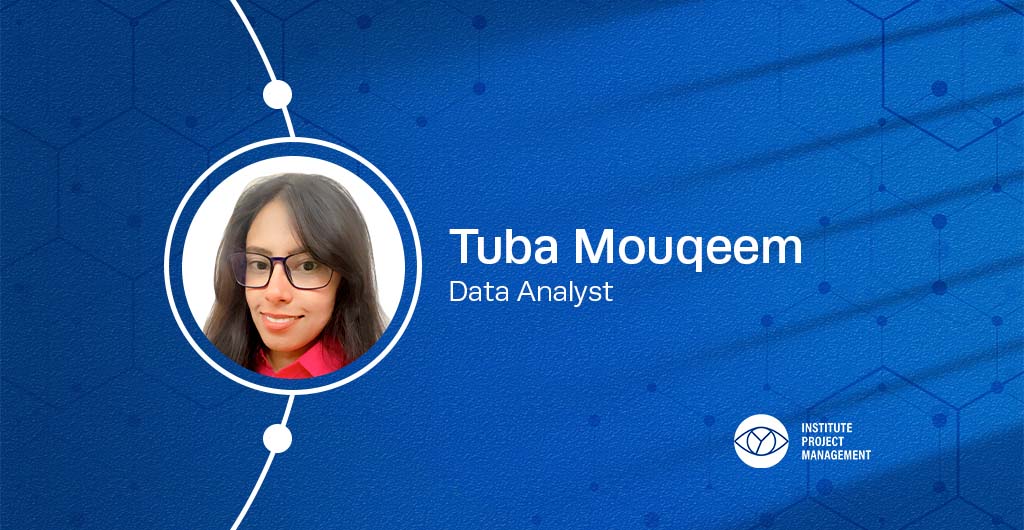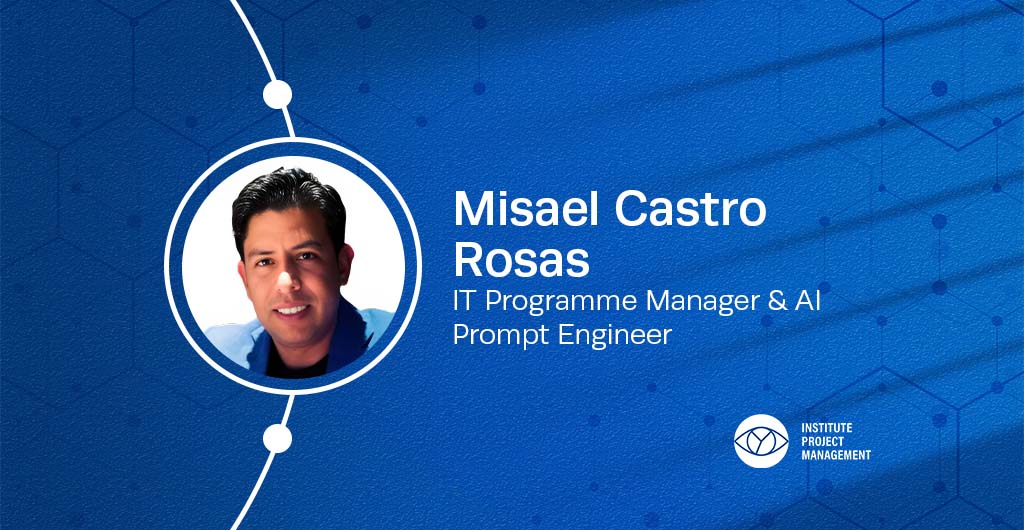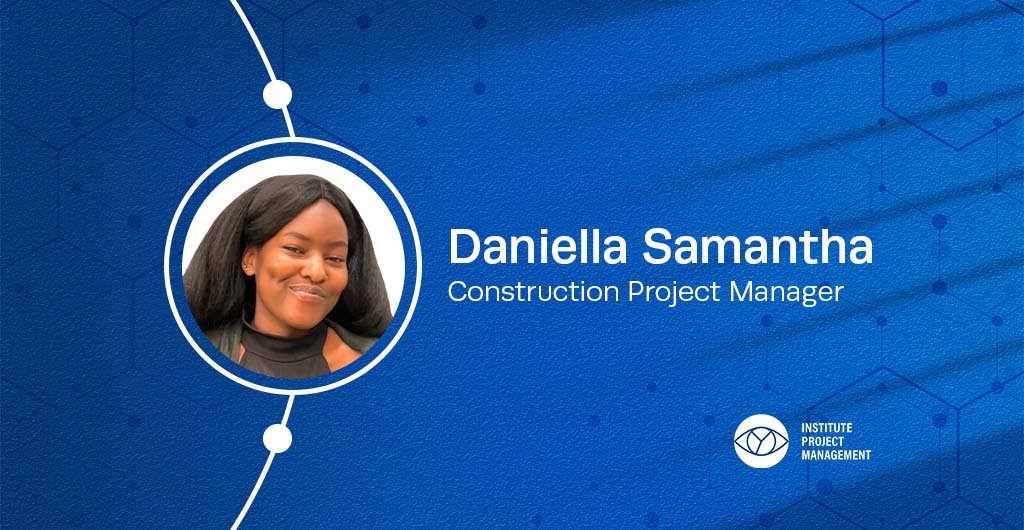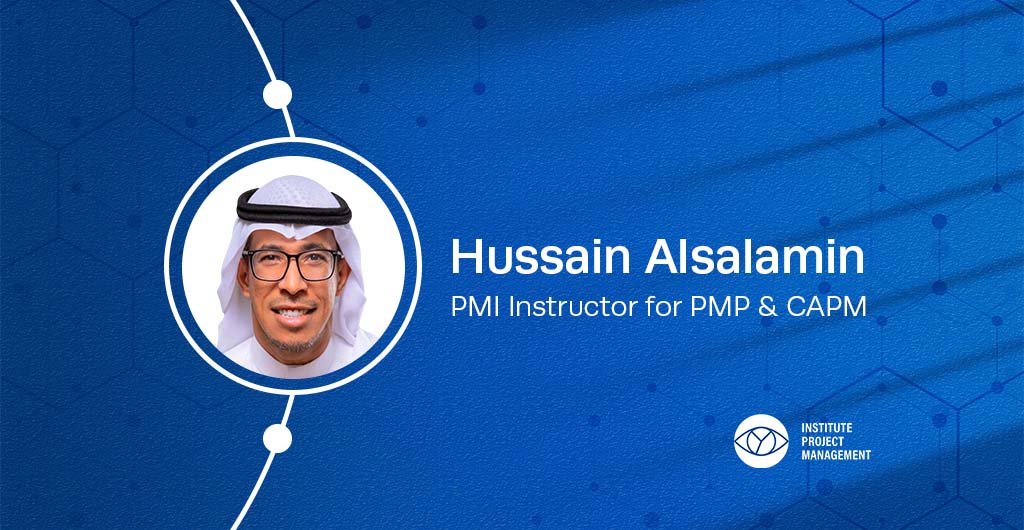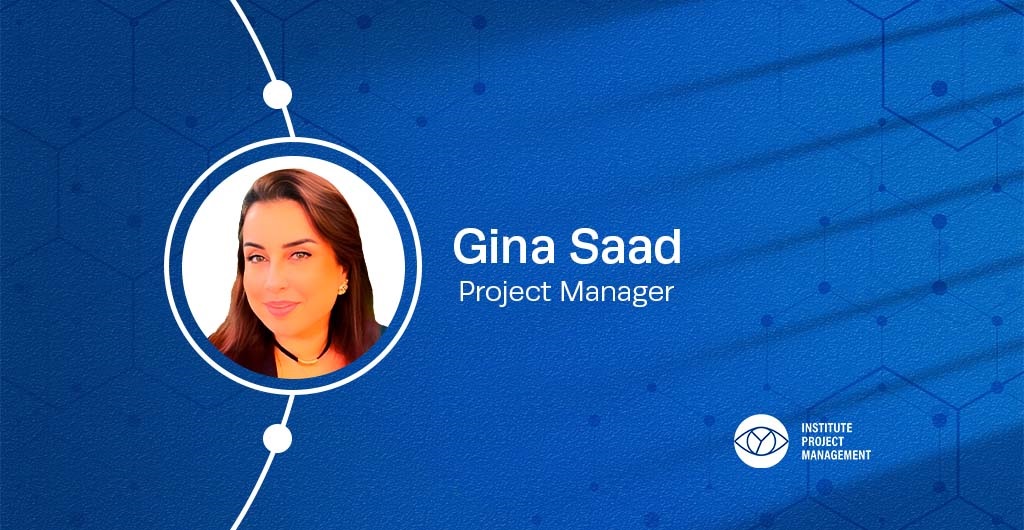Need advice? Call Now, Schedule a Meeting or Contact Us


Speak to an advisor
In this article, Tap Chun Lio explores the multifaceted aspects of implementing and working with AI in project management.

In today's fast-paced business landscape, the integration of Artificial Intelligence (AI) into project management practices has become not just an option but a necessity for organisations striving to maintain competitiveness and efficiency. This article will explore the multifaceted aspects of implementing and working with AI in project management while also delving into the evolving nature of assessments and the significance of continuous learning in the AI-driven era.
Implementing AI in project management is not just about adopting new technology; it's a fundamental shift in organisations' operations.
As organisations navigate the complexities of AI integration, it's crucial to prioritise long-term value creation and remain adaptable to emerging technologies and methodologies.

Artificial Intelligence (AI) facilitates data-driven and precise decision-making for project managers by analysing large volumes of data and spotting patterns and trends that may not be apparent to humans. This allows for more accurate risk assessment, forecasting, and resource allocation, leading to better project outcomes.
AI automates repetitive tasks like data entry, scheduling, and reporting, freeing project managers and team members to focus on higher-value activities. This increases productivity and efficiency, reducing project timelines and costs.
AI-powered project management tools facilitate seamless communication and collaboration among the different team members, regardless of their location or time zone. Features like real-time messaging, document sharing, and task assignments ensure everyone stays informed and aligned, enhancing teamwork and productivity.
AI algorithms can analyse historical project data to identify potential risks and predict project outcomes with greater accuracy. This enables project managers to proactively mitigate risks and make informed decisions to minimise project disruptions and delays.
AI algorithms rely heavily on high-quality data to generate accurate insights and predictions. However, many organisations struggle with data quality issues, such as incomplete, outdated, or inconsistent data. Additionally, accessing relevant data from disparate sources may pose challenges, hindering the effectiveness of AI-powered project management solutions.
Resistance from employees who fear job displacement or lack the necessary skills to use AI tools effectively can impede adoption and hinder project success. Therefore, effective change management strategies, such as training programs and communication initiatives, are essential to foster an innovative and collaborative culture and overcome resistance.
AI-powered project management tools raise ethical and legal concerns related to security and bias. Organisations must ensure compliance with regulations such as GDPR and CCPA and implement robust security measures to protect sensitive project data from unauthorised access and misuse. Additionally, mitigating algorithmic bias and ensuring fairness and transparency in AI decision-making processes is critical to building trust and credibility with stakeholders.
Advancements in AI technologies, such as predictive analysis and machine learning, will allow the project managers to forecast project outcomes with greater accuracy and anticipate potential issues before they arise. This proactive approach to project management will help organisations mitigate risks, optimise resource utilisation, and improve project success rates.
AI-powered virtual assistants, such as chatbots and voice-enabled interfaces, will become increasingly prevalent in project management, providing real-time support and guidance to project managers and team members. These virtual assistants can automate routine tasks, answer questions, and provide insights and recommendations, enhancing productivity and decision-making efficiency.
The integration of AI and automation will continue to transform project management practices, allowing organisations to streamline workflows, minimise manual effort, and improve overall efficiency and accuracy. From automated project scheduling and resource allocation to intelligent risk assessment and decision-making, AI-powered automation will revolutionise how projects are planned, executed, and monitored.
In conclusion, AI has the huge potential to revolutionise project management practices, enabling organisations to enhance decision-making, streamline processes, and improve collaboration and efficiency. However, realising the full benefits of AI requires addressing challenges related to data quality, change management, and ethical and legal considerations.
By embracing AI technologies and adopting proactive strategies, organisations can leverage AI to drive innovation and achieve strategic objectives to maintain a competitive edge in today's dynamic business environment.
